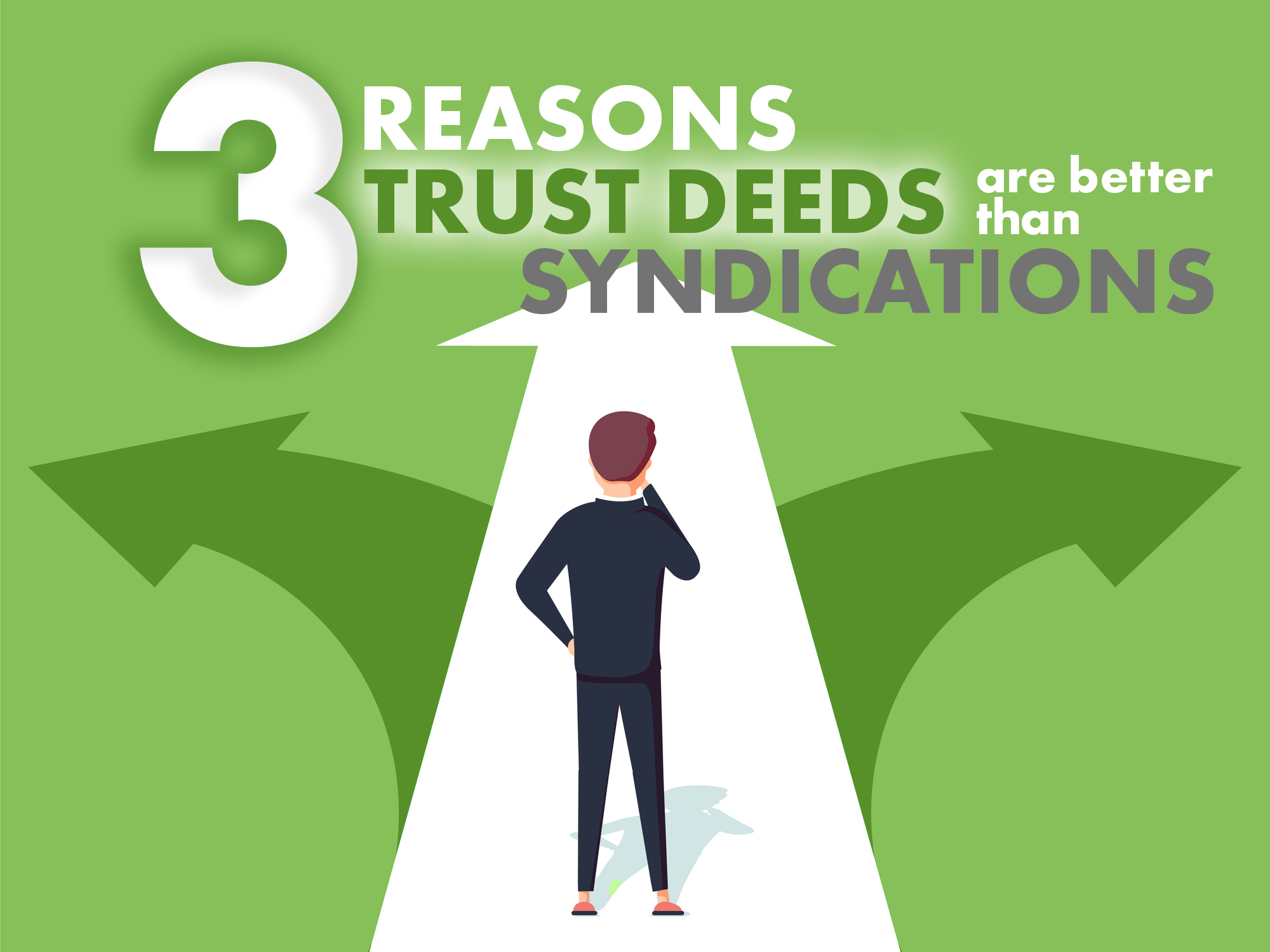In the world of investments, building strong relationships with your investors is the key to...


In the world of investments, building strong relationships with your investors is the key to...

Have you ever considered stepping into the world of trust deeds but found yourself hesitating at...

Trust deeds can offer a lucrative investment opportunity in the real estate market, yet many...

Imagine having a reliable investment option that offers stability and security with promising...

Carrie has over 18 years of real estate expertise, specializing in private lending. She also holds...

The concept of hard money dates back to the Great Depression in the United States. The collapse of...

At Ignite Funding, we understand that every investor's journey is unique. That's why we're...

In real estate, trust deeds are sometimes a neglected investment opportunity. Trust deeds are legal...

People invest in real estate for various reasons, including long-term appreciation, rental income,...

In the realm of financing, borrowers often find themselves navigating a complex landscape filled...
Ignite Funding, LLC | 6700 Via Austi Parkway, Suite 300, Las Vegas, NV 89119 | P 702.739.9053 | T 702.919.4281 | F 702.922.6700 | NVMBL #311 | AZ CMB-0932150 | Money invested through a mortgage broker is not guaranteed to earn any interest and is not insured. Prior to investing, investors must be provided applicable disclosure documents.
© 2024 Ignite Funding. All rights reserved